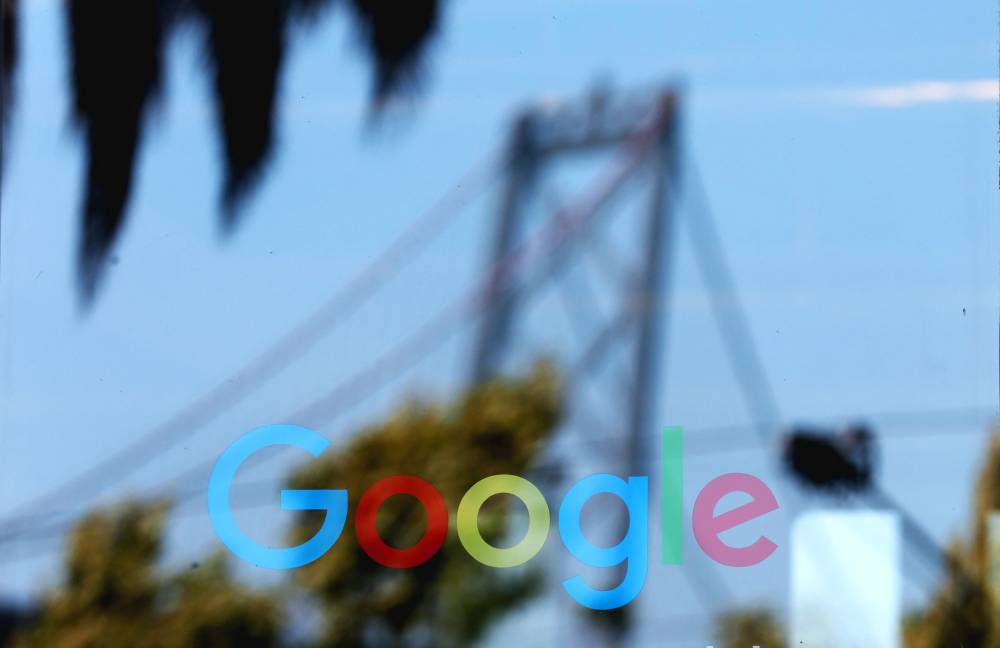US court rules Google has illegal search monopoly
The US Department of Justice sued Google in 2020, for allegedly maintaining an illegal monopoly, arguing its dominant position was harming consumers.

WASHINGTON - A US judge has ruled that Internet giant Google has an illegal monopoly in both search and search advertising, reported the German news agency (dpa).
The US Department of Justice sued Google in 2020, for allegedly maintaining an illegal monopoly, arguing its dominant position was harming consumers.
In a ruling on Monday, Judge Amit Mehta stated that Google's dominance had gone unchallenged for well over a decade.
"Google is a monopolist, and it has acted as one to maintain its monopoly," Mehta wrote. Google had a "major, largely unseen advantage over its rivals: default distribution", Mehta said, as Google was the default search engine on devices.
"Importantly, the court also finds that Google has exercised its monopoly power by charging supracompetitive prices for general search text ads. That conduct has allowed Google to earn monopoly profits."
The tech giant noted that it intends to appeal Mehta's ruling. Google, owned by parent company Alphabet, is the dominant search engine in the United States with more than three-quarters of all searches, and it is even more dominant on mobile devices.
US Attorney-General Merrick Garland said the ruling was an "historic win for the American people". "No company - no matter how large or influential - is above the law.
The Justice Department will continue to vigorously enforce our antitrust laws."
"This decision recognises that Google offers the best search engine, but concludes that we shouldn't be allowed to make it easily available," Kent Walker, Google's president of global affairs, said in a brief statement. - BERNAMA











